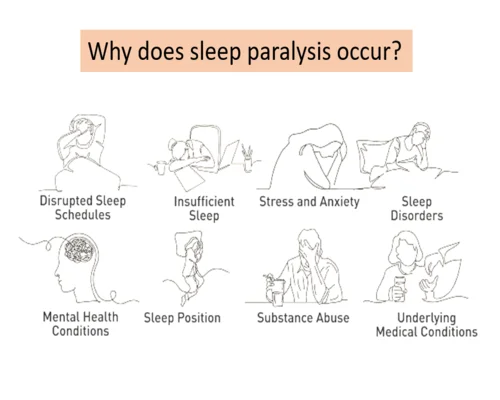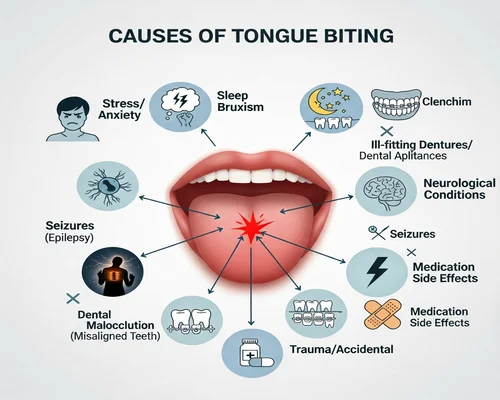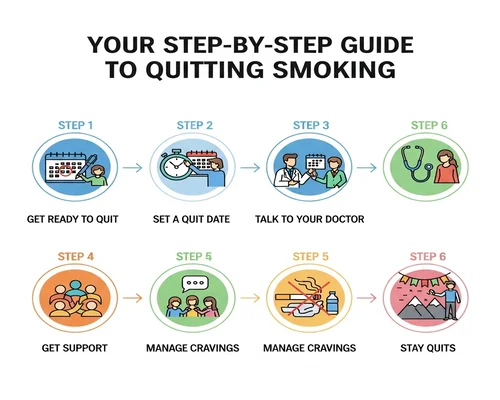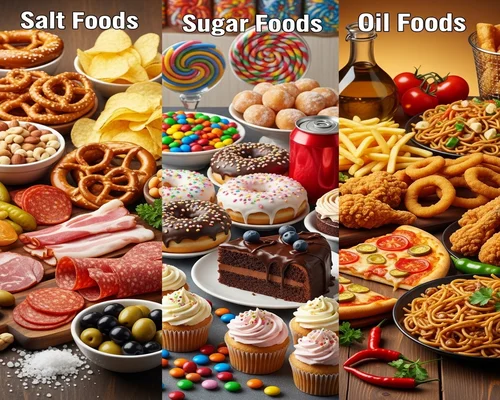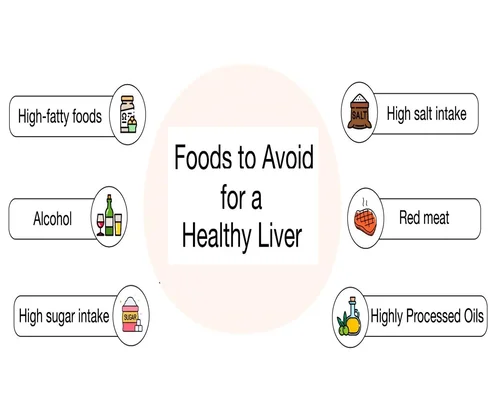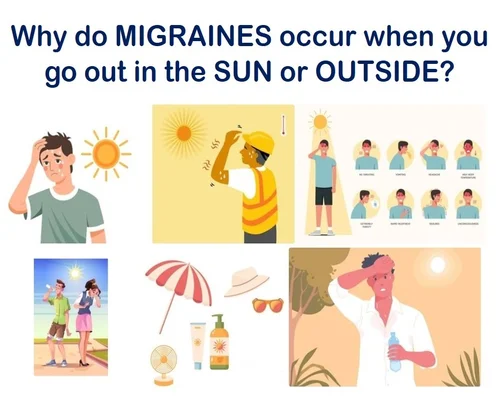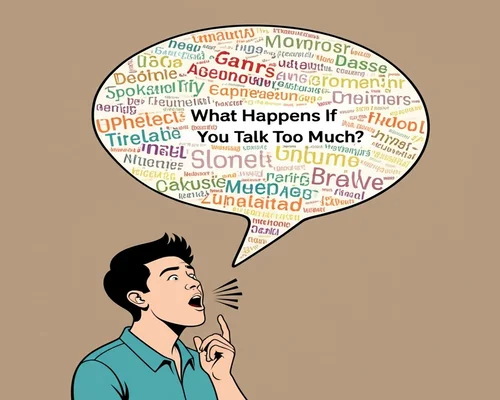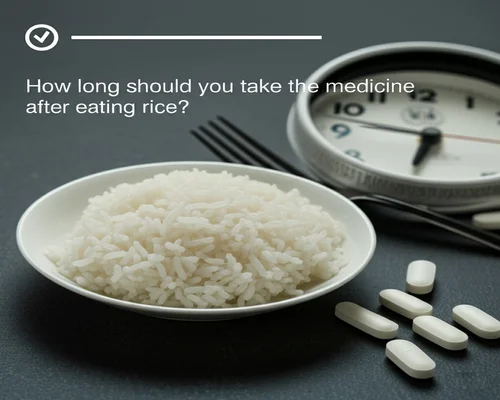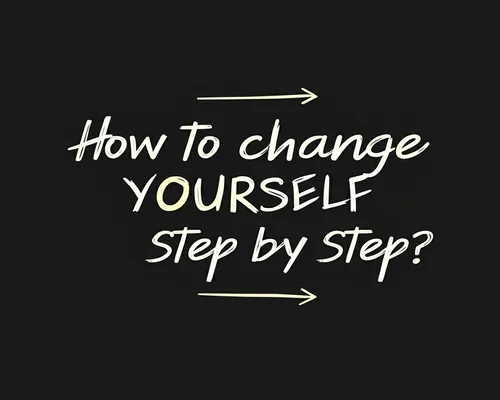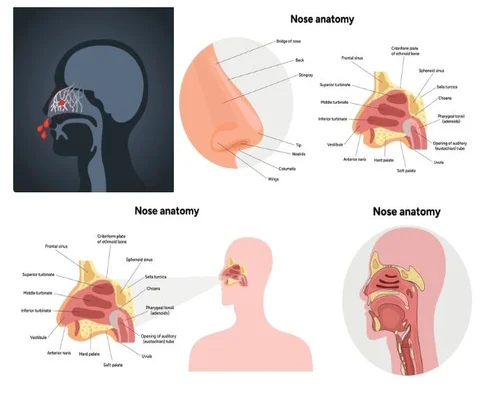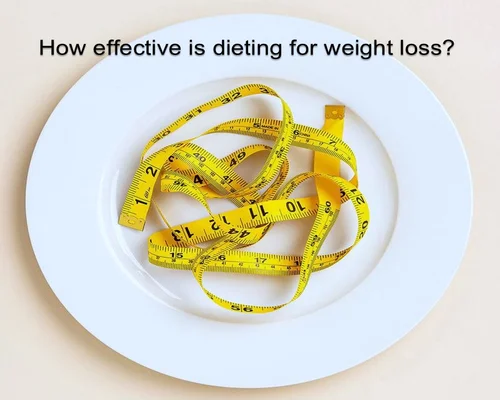
How effective is dieting for weight loss?
How effective is dieting for weight loss?
When thinking about weight loss, the first thing that comes to mind is cutting back on food. However, losing weight is not an easy task, and it is possible to lose weight by combining some holistic activities with exercise. Many people still think that only eating more food leads to weight gain and only eating less food can lead to weight loss.
Cutting back on food intake can actually have a detrimental effect on weight gain rather than a benefit. According to experts, skipping meals can lead to increased levels of stress hormones and lack of essential nutrients.
Diet plays a special role in weight loss. If you want to lose weight, you have to control the food. As this is true, it is also true to consider whether it helps in weight loss.
When we reduce food intake, the body naturally feels hunger. When the amount of food entering the body suddenly decreases, some changes occur in the body as a normal survival mechanism. As such, stored energy begins to deplete and fat metabolism slows down. As a result, fat accumulates in the body and increases weight.
Eating less food reduces the amount of calories in the body. Eating too few calories can cause muscle wasting. Because in such a situation, instead of fat tissue, muscle tissue begins to lose. As a result, metabolism is adversely affected. Slower digestion means your body burns fewer calories. If this happens, the chances of gaining weight instead of losing it increase.
Starting a strict diet often restricts daily food intake. This can lead to deficiency of essential nutrients. A major problem with this is hormonal imbalance.
Ghrelin and leptin are two hormones associated with hunger. Basically they are known as hormones that regulate hunger and satiety. This hormonal imbalance can also occur when there is a nutrient deficiency due to under-eating in the diet. Imbalances in these hormones can increase feelings of hunger and lead to overeating or cravings. This in turn contributes to further weight gain.
Sometimes strict dieting to gain weight in a short period of time can lead to stress. This stress increases the production of cortisol in the body. This hormone is a type of visceral fat, which is responsible for weight gain; Especially around the stomach.







